The U.S. Citizenship and Immigration Services has proposed a new regulation that would expand the scope of a public charge rule, potentially penalizing immigrants who use public benefits. The proposed rule, set to be published in the Federal Register on Wednesday, would rescind a Biden-era version of the public charge rule and consider a broader range of social and health benefits when determining whether immigrants should be granted further legal status.
According to the proposed regulation, immigration officers would consider not only cash assistance programs like Supplemental Nutrition Assistance Program (SNAP) and Temporary Assistance for Needy Families (TANF), but also non-cash benefits such as Medicaid, housing assistance, and food stamps. The rule would also expand the definition of "public charge" to include any social or health benefit that could be considered a "burden" on the government.
"This proposed rule is a step in the right direction to ensure that those who are eligible for public benefits are not taking advantage of them," said Joseph Edlow, the director of U.S. Citizenship and Immigration Services. "We believe that this rule will help to promote self-sufficiency and ensure that immigrants are not relying on public benefits to the detriment of others."
Immigrant advocates, however, have expressed concern that the proposed rule would have a chilling effect on immigrants' willingness to access essential services, such as healthcare and food assistance. "This rule would create a culture of fear among immigrants, where they would be afraid to access the very services that they need to survive," said Marielena Hincapie, executive director of the National Immigration Law Center. "It's a misguided policy that would harm vulnerable communities and undermine the social safety net."
The public charge rule was first introduced during the Trump administration, but was later modified by the Biden administration to exclude non-cash benefits. The proposed rule would reverse that change and expand the scope of the public charge rule to include a broader range of benefits.
The proposed regulation is now open for public comment, and the U.S. Citizenship and Immigration Services will consider feedback before making a final decision. The rule is expected to be finalized in the coming months, although the exact timeline is unclear.
Background on the public charge rule dates back to 1999, when the Immigration and Nationality Act was amended to include a provision that allowed immigration officers to consider an immigrant's use of public benefits when determining their eligibility for a green card. The rule was first implemented in 2019, but was later modified by the Biden administration to exclude non-cash benefits. The proposed rule would reverse that change and expand the scope of the public charge rule to include a broader range of benefits.
The proposed regulation has sparked debate among lawmakers and advocacy groups, with some arguing that it would help to promote self-sufficiency among immigrants, while others argue that it would create a culture of fear and undermine the social safety net. The U.S. Citizenship and Immigration Services will continue to accept public comments on the proposed rule until the comment period closes.
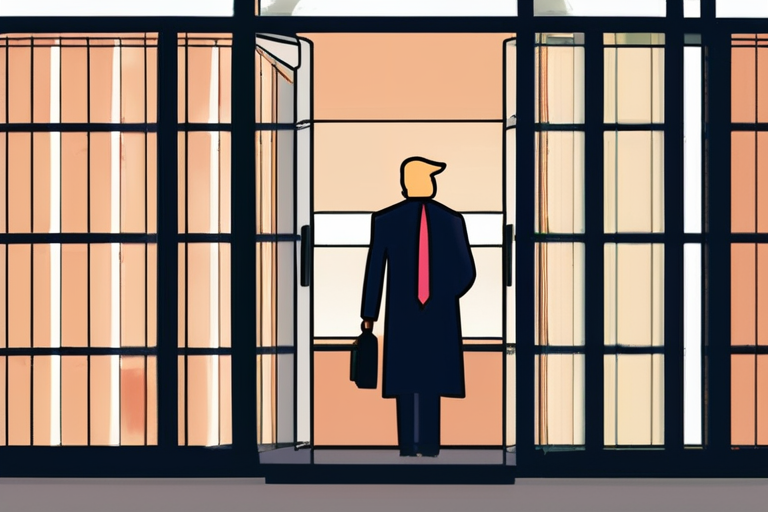




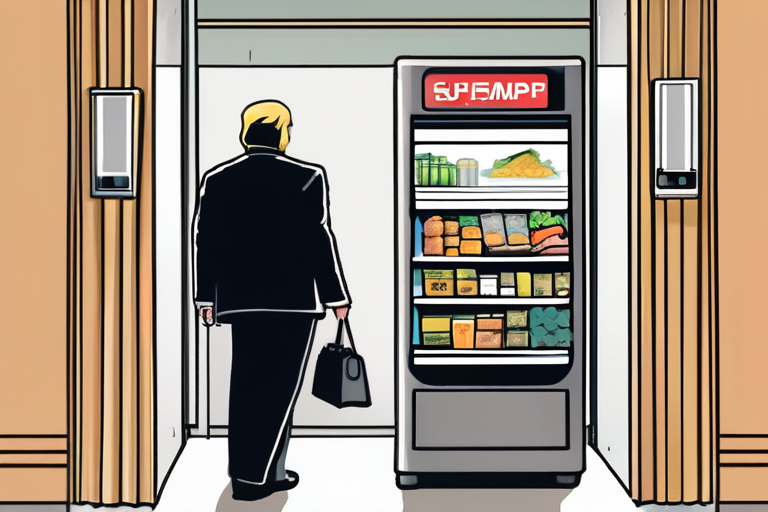
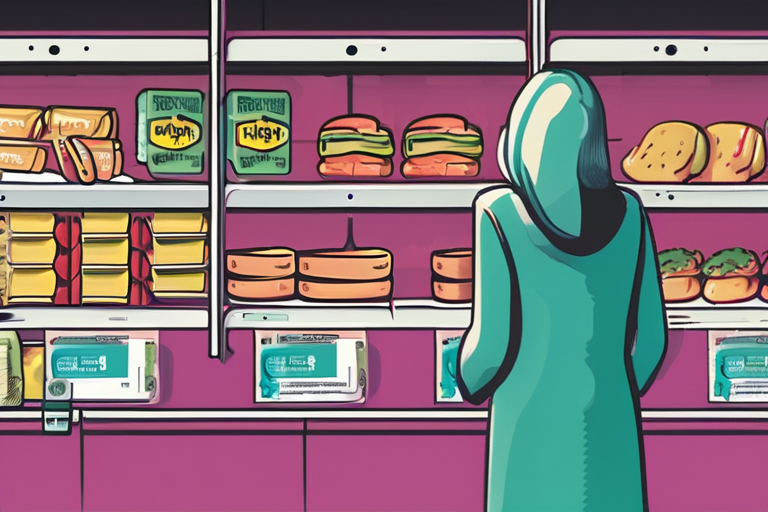
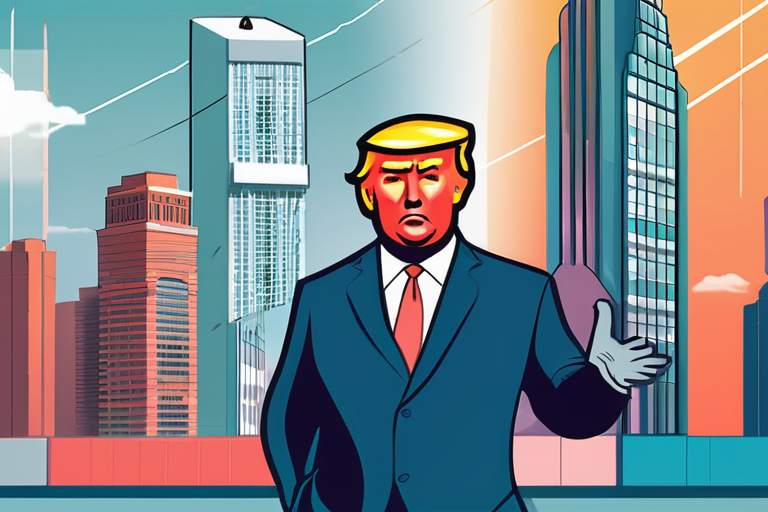
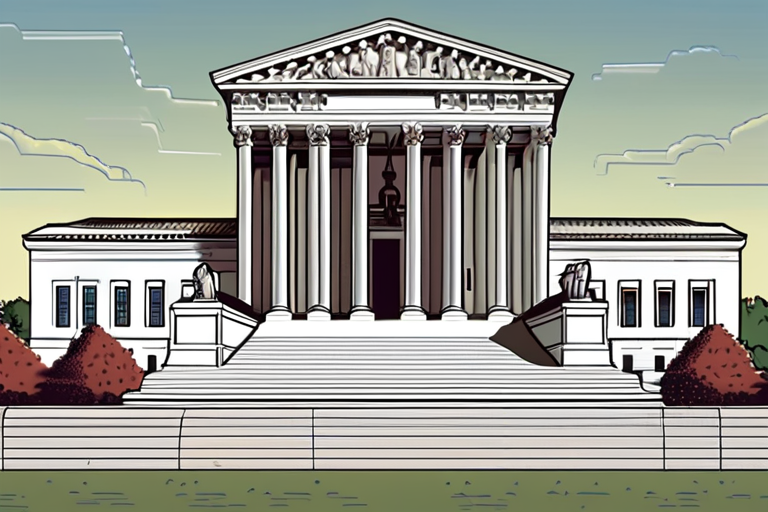
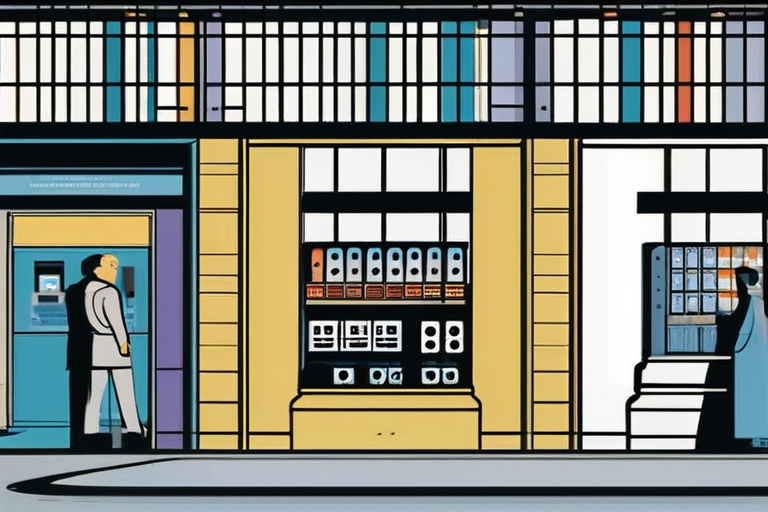
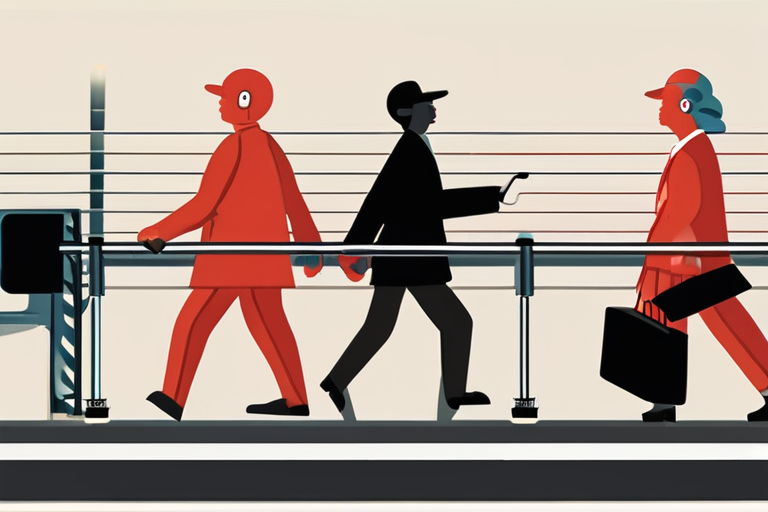

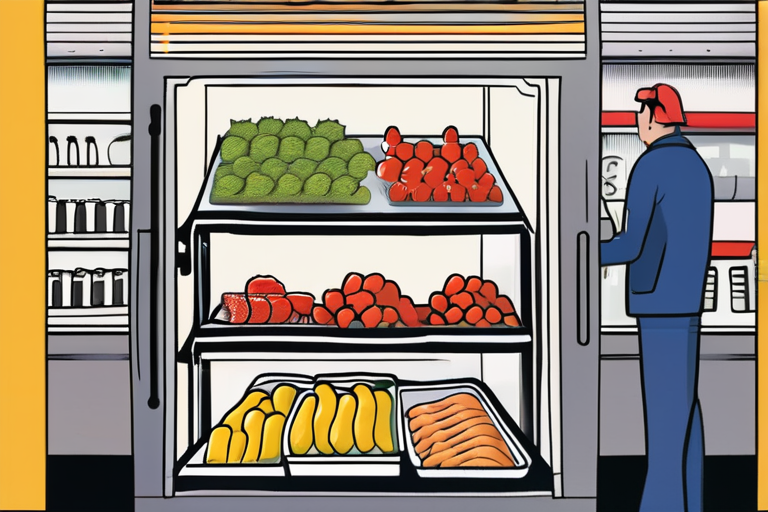


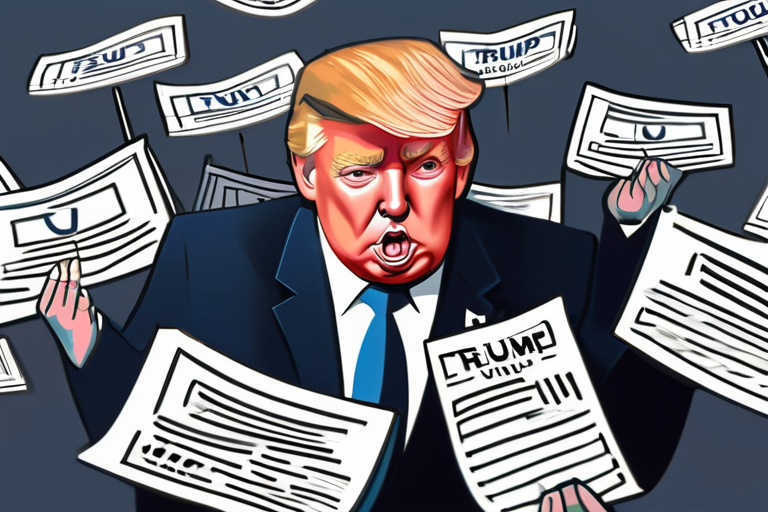
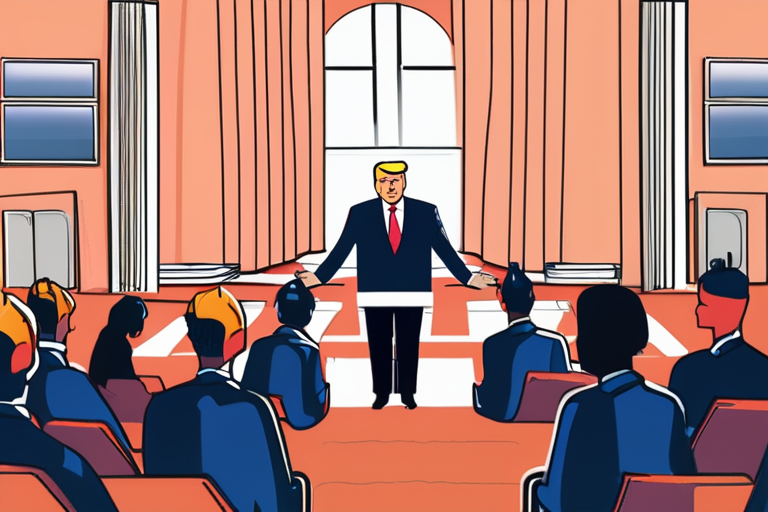
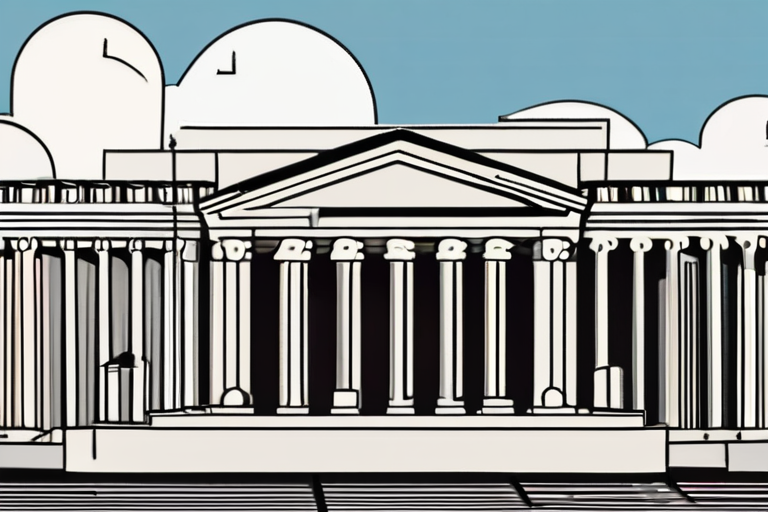
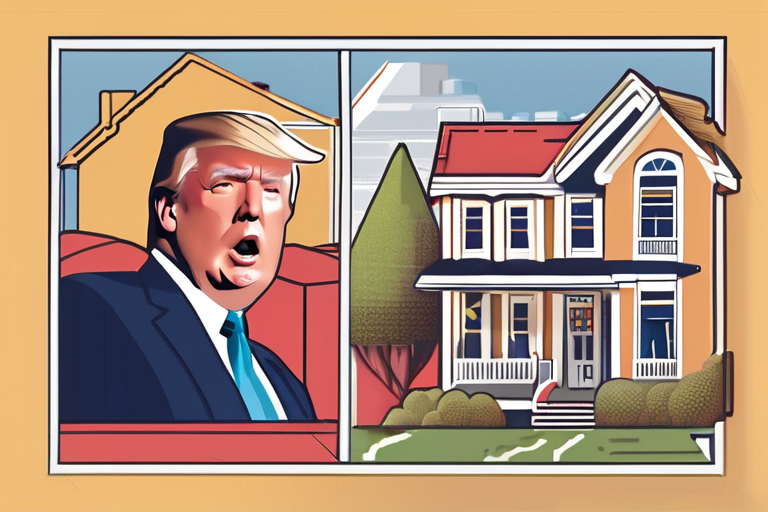

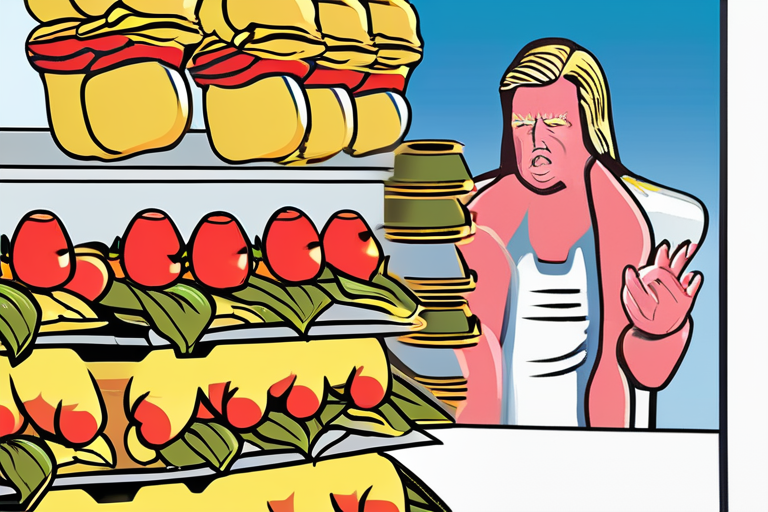

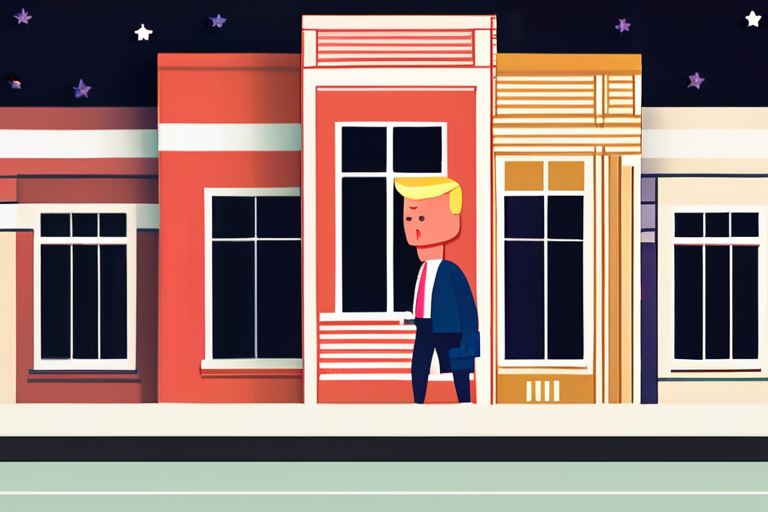



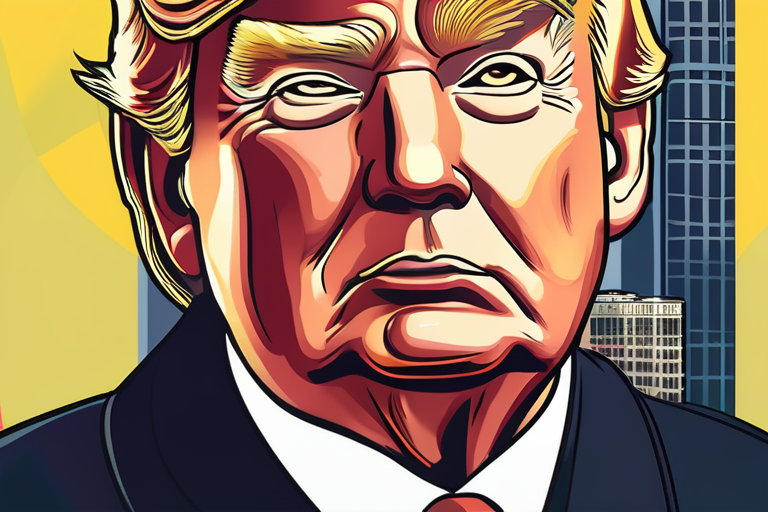
Share & Engage Share
Share this article